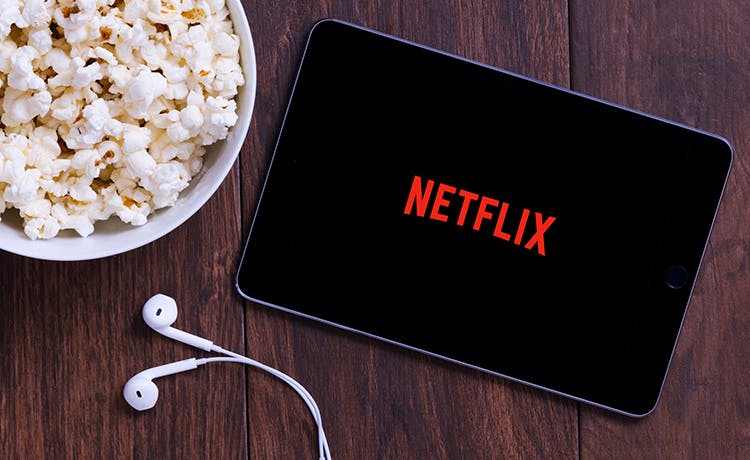
Unveiling Netflix's Surprising Revenue Strategies Beyond Ads

Netflix raises prices and intensifies efforts to curb password sharing in a bid to expand its advertising business and diversify revenue streams
Netflix reports that their efforts to discourage account sharing and promote individual subscriptions have been successful. The cancellation rate has been lower than expected, and households that were previously sharing accounts are now converting into full-paying memberships. This trend has led to a positive impact on revenue for Netflix in all regions.
The positive results have motivated the brand to raise prices for its basic and premium plans in the UK. This decision is based on the belief that the demand for subscription services among its core user base is not very sensitive to price changes. However, the brand will maintain the current price for its ad-based model, which indicates the challenges it faces in developing a revenue stream from ads.
Although Netflix has experienced a nearly 70% growth in ad plan memberships compared to the previous quarter, it does not disclose the exact percentage of its customer base that subscribes to this plan. Nevertheless, it does reveal that this tier accounts for 30% of all new sign-ups in the 12 countries where ads are available. Furthermore, over 70% of Netflix's members are now located outside of the United States.
The findings indicated that establishing a new business from the ground up requires a significant amount of time. As a result, Netflix stated that advertising revenue would not have a substantial impact on their business by 2023.
However, it does acknowledge that advertisers are increasingly shifting their investments from traditional television to streaming platforms. This presents an opportunity for Netflix to develop and introduce ad formats and products that can capture a significant portion of this expenditure once their ad-supported tier attracts a substantial user base.
For instance, Netflix provides a special opportunity for advertisers to showcase their products called the ‘hero spot’. This feature is tailored around users’ binge-watching habits. Once a user has watched a consecutive number of episodes, the hero spot will appear, notifying the user that the upcoming episode will be free from any advertisements. This seamless experience is made possible by the sponsoring brand.
According to Netflix, they are actively collaborating with brands to develop ad formats that hold significant value. One crucial aspect is enabling brands to engage with highly engaging and culturally relevant programming. As an example, Netflix recently introduced title sponsorships in collaboration with Frito Lay's Smartfood for the popular and newly released season of Love is Blind.
It also announced that T-Mobile, Nespresso and others will all be sponsors for The Netflix Cup, its first-ever live sports event.
Marketing and diversification
Netflix decreased its marketing spend for Q3 compared to the previous quarter, reducing it from £517,347 ($627,168) to £460,898 ($558,736). This decrease in spending reflects Netflix's focus on developing its experiential and partnership streams. The company aims to innovate and engage with its audience outside of its streaming platform through consumer products and experiences. As part of this strategy, Netflix plans to create 'Netflix House', physical locations that offer unique live experiences, along with food and retail options related to its current and upcoming intellectual properties.
In the last quarter, the operating income amounted to $1.9bn, showing a significant increase of 25% compared to the same quarter last year. The revenue growth also saw a 9% increase in average paid memberships, with a total of 247 million subscribers globally. Despite ongoing efforts to expand its ad-supported tiers, Netflix's success in paid membership and diversifying its content, including popular originals like One Piece and licensed shows like Suits, is providing the company with the necessary flexibility to continue its expansion.








